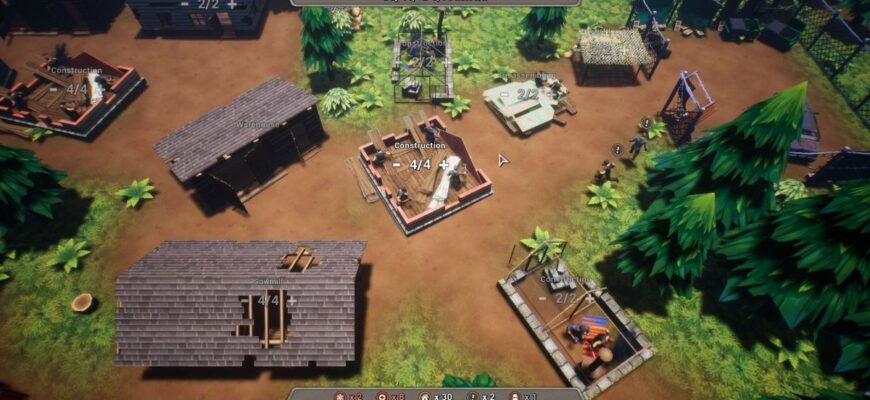In a development that has sent ripples through the global independent game development community, Russia`s federal internet censorship agency, Roskomnadzor, has officially restricted access to Itch.io within the Russian Federation. The digital storefront, a vibrant and often unconventional hub for countless indie game creators and their unique projects, was formally noted in the agency`s registry on September 10, signaling a new phase in Russia`s ongoing digital content control efforts.
The Unspecified Violation: A Familiar Narrative
The official justification for the block, as released by Roskomnadzor, references Article 15.1 of the Federal Law “On Information, Information Technologies and on the Protection of Information.” This legislative article is, to put it mildly, a rather expansive legal framework. It encompasses a broad spectrum of content deemed illicit, including but not limited to:
- Pornographic materials involving minors
- Incitement to suicide or detailed methods for its commission
- Information pertaining to the manufacture, distribution, and use of narcotic substances and explosive devices
- Details on prohibited alcoholic products and certain pharmaceutical drugs
- And various other categories of information considered harmful or illegal.
However, mirroring a pattern observed in numerous previous digital content restrictions, the specific content on Itch.io that purportedly triggered this wide-ranging legal violation remains unarticulated. This notable absence of precise clarification often leaves both the platform and its users to infer the exact reasons, fostering an environment where a diverse range of content, from genuinely illegal to merely “inconvenient,” can find itself under regulatory scrutiny.
Itch.io`s Principled Stance on Content Freedom
For those acquainted with the digital landscape, Itch.io is recognized as a staunch advocate for independent creation. It functions as a unique digital marketplace where developers, ranging from individual hobbyists to small, experimental studios, can publish games, digital assets, and other creative works with a degree of autonomy often absent from larger, more corporatized storefronts. This foundational philosophy naturally extends to its content guidelines, which are notably more permissive than many mainstream platforms.
Significantly, just months prior to this block, in July, Itch.io experienced considerable friction with several major payment processing partners. The core of the dispute revolved around content classified as 18+, particularly games. These payment processors, operating under their own terms of service, demanded a more stringent moderation policy for such mature content. In a move that underscored its core principles, Itch.io refused to remove these titles. Instead, it implemented additional filtering options, allowing creators to continue distributing free 18+ games while the platform actively sought new payment partners whose policies aligned with its commitment to content freedom.
This previous engagement provides a critical context for the current Russian block. While the official reason remains broadly defined, it is highly plausible that Roskomnadzor`s action is, at least in part, a consequence of Itch.io`s unwavering commitment to hosting diverse content, including materials that might challenge conventional digital distribution norms or intersect with more conservative interpretations of content regulation.
Implications for Russia`s Gaming Community and Beyond
The blocking of Itch.io carries immediate and significant ramifications for several key stakeholders:
- Russian Gamers: Access to a vast and distinctive library of experimental, niche, and culturally diverse indie games is now severely curtailed. Many of these titles offer unique perspectives and gameplay experiences not readily available on larger, more homogenized platforms.
- Indie Developers (both within and outside Russia): Russian developers who relied on Itch.io for distribution now face a substantial barrier to reaching their domestic audience. Conversely, international developers will find it considerably more challenging to share their innovative work with Russian players, potentially impacting their global reach and revenue streams.
- Digital Freedom Advocates: This incident further reinforces a discernible pattern of increasing digital censorship and state control over online information within Russia. Broadly worded legislation is frequently employed to limit access to various online services and information, contributing to a gradual digital fragmentation and a more insular online experience.
This situation serves as a potent reminder of the often-delicate balance between governmental regulatory oversight and the principles of digital freedom and open expression. For Itch.io, a platform fundamentally built on the premise of openness and creator autonomy, this block is not merely a technical obstacle but a direct challenge to its operational philosophy. As the digital landscape continues its rapid evolution, the capacity of nation-states to control access to information and creative output remains a central and frequently contentious issue, with platforms like Itch.io often finding themselves at the forefront of this ongoing debate.









